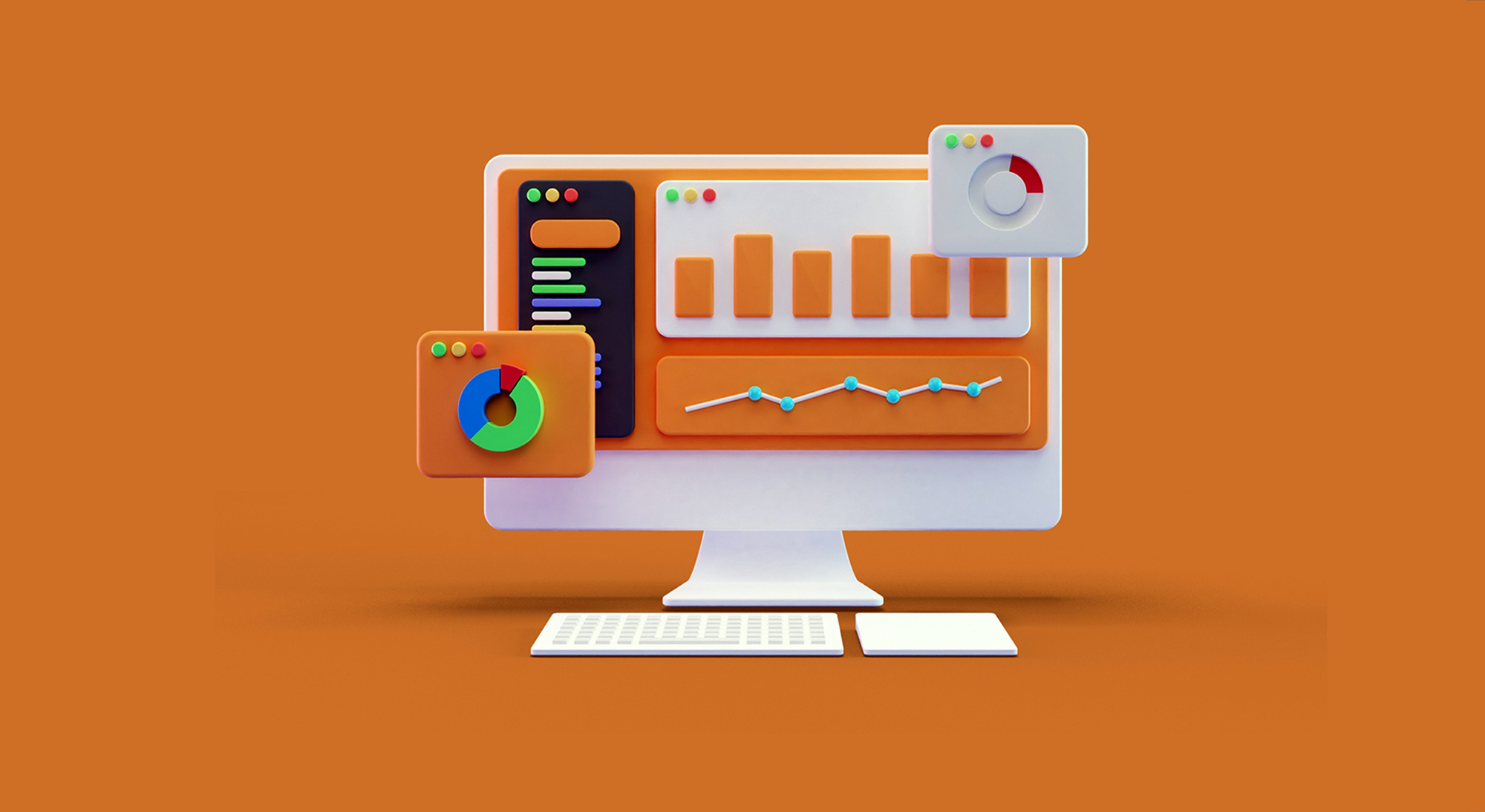Apprenticeships: Kaplan - SAS® partnership
Data Analyst powered by SAS® – the first apprenticeship of its kind
Kaplan has exclusively partnered with SAS to deliver a brand-new apprenticeship. Creating a specialist pathway to provide SAS users with modern analytical and data visualisation skills. David Hanby, Insight Manager at Kaplan, explains more about the SAS apprenticeship, and answers frequent questions on how it can benefit both businesses and individuals.

T
he Data Analyst powered by SAS® apprenticeship is designed to help your people make better decisions through the right skills, knowledge and behaviours to understand what's going on today, and help you transform your business for tomorrow.
No matter how much data or technology is at your disposal, transformation comes when you have people capable of not just using it, but unlocking and communicating its potential.

So, what is SAS?
Originally, SAS stood for Statistical Analysis System but as they now develop more than just statistical software, SAS (pronounced "sass") is more of a brand than an acronym. I liked the acronym at first because I felt like I could pretend I was part of the special air service.
You can use SAS for anything within the insights and analytics arena: database management, unstructured data, interrogate data, modelling, data interpretation.
There are different versions of SAS, some are easier to use than others. I currently use SAS Studio which is basically the base level version.
It’s its own software, and unlike other options, has its own language so doesn't rely on SQL. SAS has a certain level of prestige surrounding it.
Thoughts on SAS’s Data manipulation and efficiency
It’s a programme I log into and I do all my work from within that. You bring data into the programme and manipulate how you want to use it. Then you can output the data however you want, and in whichever format you want, such as excel, word, powerpoint.
It’s really fast in terms of handling big data very quickly. You can clean up messy data really well and it has an amazing ability to talk to different platforms through API connectivity to enable live transactional data.
The user experience
I use it to centralise all our different student data points to answer business questions. This could be based on student performance. For instance, when results are coming out, work will be required to compare those who failed versus those who succeeded.
SAS enables me to review what they did on our platforms to get the results they ended up with. And it helps me analyse the data and come to conclusions.
Once we have the conclusions, we talk to our Learning & Curriculum team with recommendations as to how to further optimise the learning experience. It helps us create an idea of what an ‘engaged’ student looks like, based on this data.
Essentially, SAS lets us get really detailed if needed, but then brings it back and informs a top level summary view of what the users need and helps us understand how to deliver this.
How does it benefit the business?
As a business, SAS enables us to make data driven decisions. We can create bespoke reports in a timely manner to put in front of the right person. Whether that be the learning or commercial side of things.
In terms of our commercial reporting, we use it to give commercial managers a live view of which courses are selling well and which are at risk - by incorporating transactional data. It forms the basis of our marketing KPI reports, in terms of student numbers, and allows us to create commercial targets throughout the year.
Its power is applicable to any business. I started using it 10 years ago at another company. I was a report runner back then and didn’t know how to use it that much, so I had to play with it to learn how to use it. I used it to run and build web, affiliate and basic translation reports. The first report I ever ran was a ‘daily offers report’.
How could training benefit personal development?
Although I never had formal training on SAS, I can see the value in it because if I did I would be able to understand what it’s doing on a foundation level. Understanding everything from the ground up, the ins and outs and why you are doing it. You’d be less likely to make mistakes and make incorrect assumptions about how it’s manipulating the data.
Ultimately it would make you much more efficient.
It is a massive door opener being proficient in SAS. If the skill is on your CV, you have an advantage from an employability perspective. It shows that you can put the work in. It also shows that you are up to speed with the latest in data analytics as SAS is always evolving and improving.
By aligning yourself to SAS, automatically you’re at the cutting edge of data analytics. SAS’s slogan used to be ‘the power to know’ and that couldn’t be more true.
By aligning yourself to SAS,
automatically you’re at the cutting edge of data analytics.
Any final thoughts on SAS?
I can’t overstate how accommodating it is. If I'm working with IT then I can translate and tailor the data to their ways of working. If a team uses SQL as their language then I can write in that language within SAS which makes the conversation much more fluid. So efficient.
You know in the TV show 24, everyone wanted to be Jack Bauer, but I didn’t. I always thought the data nerd (Chloe) who was remotely helping in the office was the real hero.
You know in the TV show 24, everyone wanted to be Jack Bauer, but I didn’t. I always thought the data nerd (Chloe) who was remotely helping in the office was the real hero.

David Hanby
Insight Manager at Kaplan
Be a SAS hero - find out more
Support your decision-making by upskilling your employees or develop your own personal skills through Kaplan’s exclusive partnership with SAS. Check out their website to learn more about this programme.